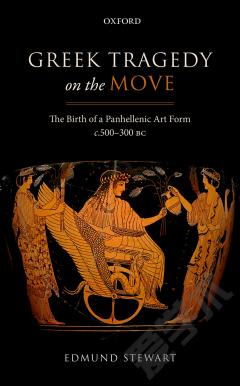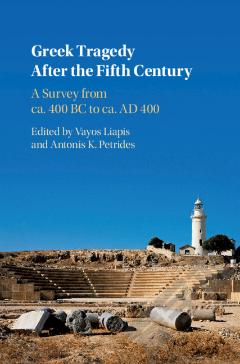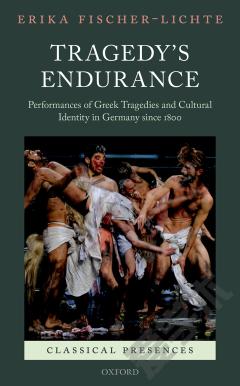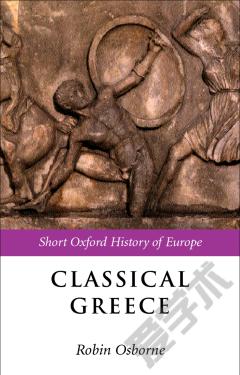Greek Tragedy on the Move —— The Birth of a Panhellenic Art Form c. 500-300 BC
----- 变化的希腊悲剧: 泛美艺术形式的诞生,公元前500-公元前300年
This work is the first full-length study of the dissemination of Greek tragedy in the earliest period of the history of drama. In recent years, especially with the growth of reception studies, scholars have become increasingly interested in studying drama outside its fifth century Athenian performance context. As a result, it has become all the more important to establish both when and how tragedy first became popular across the Greek world. This study aims to provide detailed answers to these questions. In doing so, the thesis challenges the prevailing assumption that tragedy was, in its origins, an exclusively Athenian cultural product, and that its âexportâ outside Attica only occurred at a later period. Instead, I argue that the dissemination of tragedy took place simultaneously with its development and growth at Athens. We will see, through an examination of both the material and literary evidence, that non-Athenian Greeks were aware of the works of Athenian tragedians from at least the first half of the fifth century. In order to explain how this came about, I suggest that tragic playwrights should be seen in the context of the ancient tradition of wandering poets, and that travel was a usual and even necessary part of a poetâs work. I consider the evidence for the travels of Athenian and non-Athenian poets, as well as actors, and examine their motives for travelling and their activities on the road. In doing so, I attempt to reconstruct, as far as possible, the circuit of festivals and patrons, on which both tragedians and other poetic professionals moved. This study thus aims to both chart the process of tragedyâs dissemination and to situate the genre within the context of the broader âsong cultureâ of the Greek wandering poet.
{{comment.content}}








 京公网安备 11010802027623号
京公网安备 11010802027623号